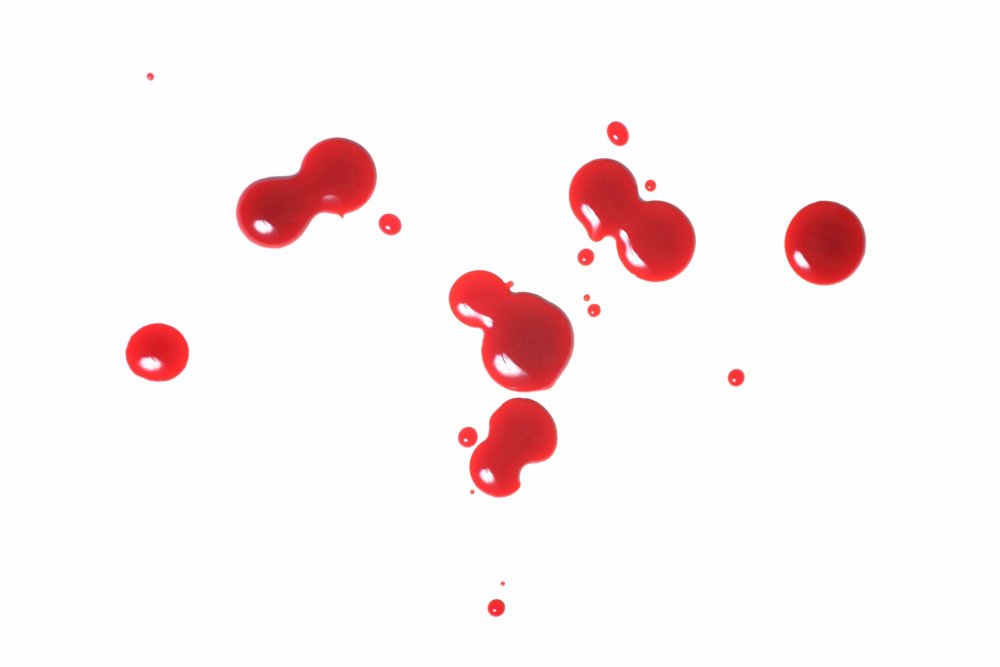The results of a study published in late January 2018 in the general scientific journal Nature suggest that a single drop of blood could determine if a patient will develop Alzheimer's disease ... up to 30 years to advanced.
Some figures on Alzheimer's disease
Incurable neurodegenerative disease that causes the progressive and irreversible loss of neurons, and therefore mental functions and especially memory , Alzheimer's disease today affects more than 850,000 people in France (according to figures from the France Alzheimer Association ) and nearly 225,000 new cases are diagnosed each year. Figures that allow the association to predict that 1,275,000 people will be affected by Alzheimer's disease in just 8 years.
How to detect Alzheimer's disease?
Several scientific studies show a link between a high level of beta-amyloid and the development of Alzheimer's disease. The problem ? Amyloid plaques, the main component of which is beta-amyloid, are particularly difficult to detect. Indeed, at present, several technologies make it possible to highlight the high rate of plaques, but because they are expensive and invasive, these techniques can not be systematized.
What the Australian-Japanese study says
Experts have shown that plaques begin to accumulate in the body between 20 and 30 years before Alzheimer's disease becomes visible . Today, Australian and Japanese researchers have set up and studied 373 people with a blood test to detect high levels of beta-amyloid by analyzing a single drop of blood ! A method much less dangerous and expensive than the technologies exploited until then. The realization of the blood test could thus anticipate, up to 30 years in advance, the development of Alzheimer's disease. A glimmer of hope in finding better ways to manage and detect disease. However, so far, no treatment can cure the disease and researchers question the results obtained, arguing that a high level of plaque is not systematically correlated with Alzheimer's disease.


